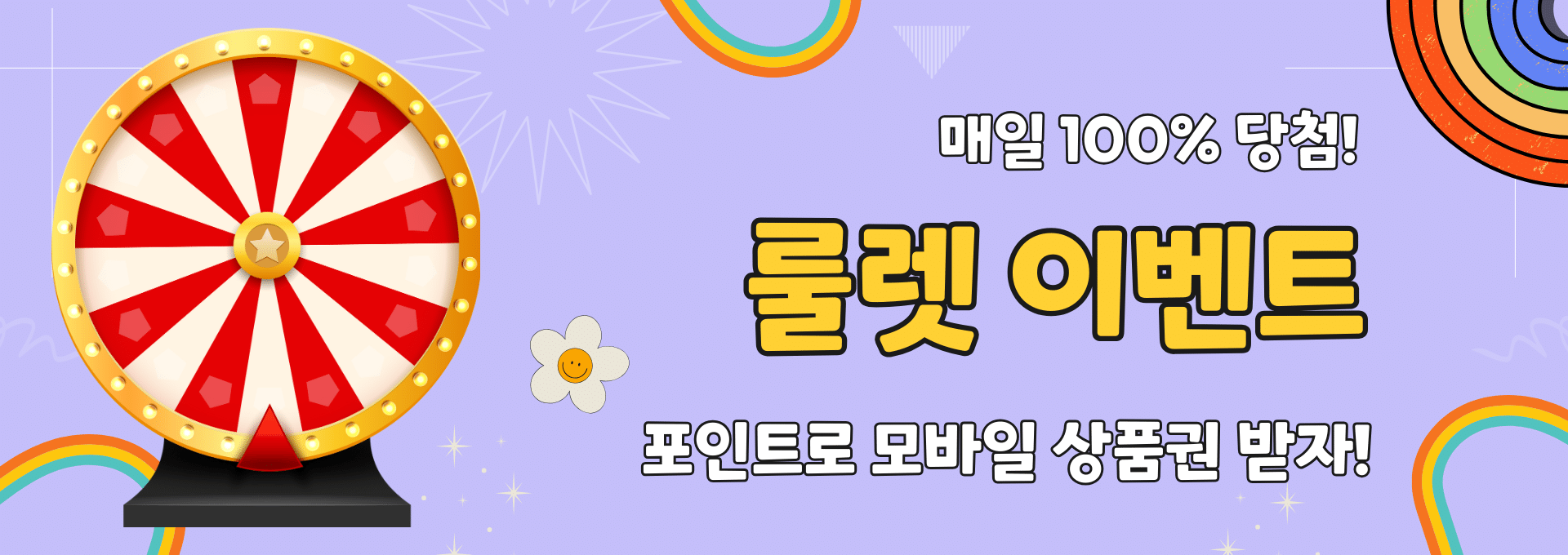Nausince, often dismissed as a minor annoyance, can have far-reaching effects on various aspects of our lives. While it may seem trivial at first glance, its cumulative impact on mental well-being, productivity, and relationships is significant. Understanding the hidden impact of nausince and adopting effective management strategies is essential for leading a balanced and fulfilling life.
1. What is Nausince?
It refers to persistent irritations or disturbances that interfere with our daily lives. These can range from external factors like noisy environments and interruptions to internal challenges like negative thought patterns or emotional stress. While it may not always be overtly disruptive, its constant presence can wear down one’s patience and resilience over time.
2. The Hidden Impact of Nausince
a. Mental Health Challenges
Nausince can take a toll on mental health, especially when left unaddressed. Small irritations, when compounded, can lead to heightened stress, anxiety, and even depression.
- Chronic Stress: Persistent disturbances keep the brain in a heightened state of alertness, reducing the ability to relax.
- Frustration and Irritability: Minor annoyances can escalate into larger emotional responses, affecting overall mood.
b. Reduced Productivity
It often disrupts focus and concentration, leading to decreased productivity. Whether it’s an overly cluttered workspace or constant notifications, these small interruptions add up.
- Task Switching: Frequent distractions force the brain to constantly shift focus, reducing efficiency.
- Lowered Motivation: Prolonged exposure to irritations can dampen enthusiasm for work or personal projects.
c. Strained Relationships
Unchecked nausince can seep into personal relationships, causing misunderstandings and conflicts.
- Communication Barriers: Frustration from external irritations can lead to miscommunication.
- Emotional Distance: Over time, unresolved stress can create emotional distance between individuals.
d. Physical Health Consequences
The stress caused by persistent nausince can manifest physically, leading to headaches, fatigue, and other stress-related conditions.
3. Strategies to Manage Nausince
While nausince may be an inevitable part of life, there are effective ways to manage and mitigate its impact.
a. Identify the Source
Understanding what causes nausince is the first step toward managing it effectively.
- Keep a Log: Record instances of nausince to identify patterns or triggers.
- Evaluate Your Environment: Assess whether external factors like noise or clutter contribute to irritation.
- Reflect on Internal Factors: Consider emotional or psychological sources of disturbance.
b. Create a Structured Environment
An organized and well-structured environment can significantly reduce the impact of external nausince.
- Declutter Regularly: Maintain a clean and organized space to minimize visual distractions.
- Designate Quiet Zones: Create areas free from interruptions for focused work or relaxation.
- Use Technology Wisely: Turn off unnecessary notifications and use apps designed to block distractions.
c. Practice Stress Management Techniques
Effective stress management can mitigate the emotional toll of nausince.
- Mindfulness: Practice being present in the moment through meditation or deep breathing exercises.
- Physical Activity: Regular exercise helps release stress and improves overall mental health.
- Journaling: Writing about frustrations can provide clarity and emotional release.
d. Set Boundaries
Establishing clear boundaries can prevent nausince from encroaching on personal time and energy.
- Communicate Needs: Let others know when you need uninterrupted time or space.
- Schedule Breaks: Take regular breaks to recharge and reset your focus.
- Prioritize Tasks: Focus on what truly matters and delegate or eliminate non-essential tasks.
e. Seek Support
Sometimes, addressing nausince requires external help.
- Talk to a Friend or Counselor: Sharing your experiences can provide new perspectives and emotional relief.
- Join Support Groups: Engage with communities that share similar challenges to exchange coping strategies.
- Professional Help: Consult professionals for persistent stress or anxiety caused by nausince.
4. The Long-Term Benefits of Managing Nausince
Taking steps to manage nausince can lead to substantial long-term benefits.
- Enhanced Mental Clarity: Reduced distractions allow for better focus and decision-making.
- Improved Relationships: Addressing stressors helps foster healthier communication and emotional connection.
- Increased Productivity: A distraction-free environment enables more efficient work.
- Better Health: Managing stress reduces the risk of stress-related physical ailments.
Conclusion
Nausince, while often underestimated, has a profound impact on multiple facets of life. By recognizing its hidden consequences and implementing practical strategies, individuals can minimize its effects and lead more harmonious lives. Whether it’s through mindfulness, organization, or seeking support, managing nausince is a worthwhile investment in one’s mental, emotional, and physical well-being.



